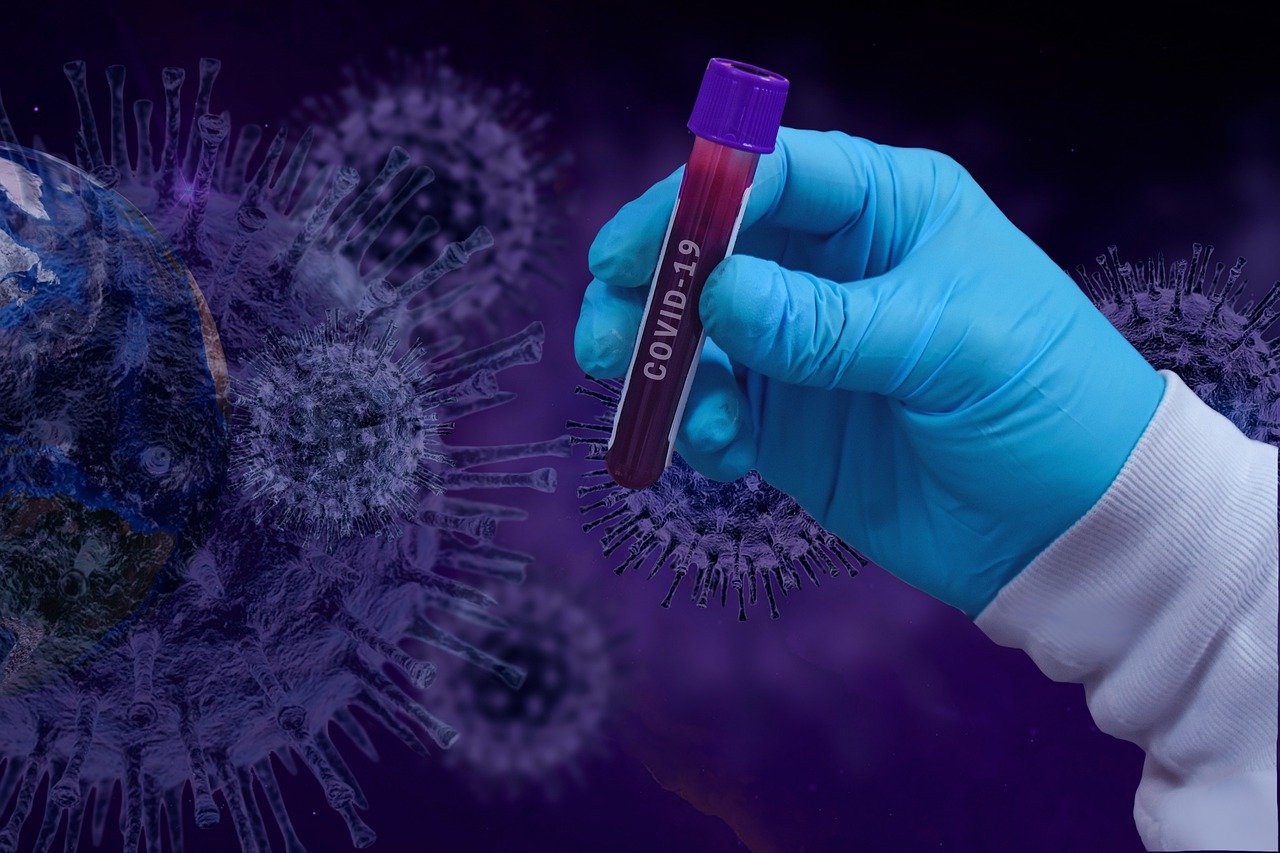The arrival of autumn brings new data against the background of the spread of the Delta mutation and the appearance of the new mutant strain Mu of the coronavirus, a fact that again puts the government and experts on alert for the general development of the pandemic in our country.
Although Assistant Professor of Epidemiology and member of the Committee of Experts, Gikas Majorkinis, appeared optimistic about Covid’s course, the high numbers observed, especially in intubated ICU patients, continue to be a cause for concern.
According to the data announced on Thursday by EODY, the percentage of unvaccinated citizens who are intubated in the ICU due to coronavirus is consistently over 90%.
In a month we expect an increase in transmissibility
Mr. Majorkinis pointed out that how the pandemic will move depends on many factors and referred to the return of citizens from holidays and other types of mobility, justifying the signs of stabilization that are observed.
He stressed that “we expect a higher wall of immunity after vaccination of young people, which contributes to the control we have observed in recent weeks”, noting that “in a month we expect an increase in transmissibility”, so he proceeded to a new call for vaccination.
He assured that vaccination is the only solution, noting that “if we had 10% more vaccination rate we would have about 100 intubated now”. He clarified, answering a relevant question, that “vaccination did not increase mutations”, giving a series of examples that prove that “there is no correlation to increase the creation of mutant strains”.
The epidemic at a different transitional stage
Mr Mayorkinis said the global epidemic was entering a different transition phase, with affluent countries trying to return to normalcy with massive vaccination schemes, while less affluent countries trying to secure the necessary vaccine doses. “This opposition is even more pronounced than the fact that there is a percentage of the population in affluent countries who, while given the opportunity to be vaccinated, have not done so.
“Strengthening vaccination and returning to normalcy in affluent countries will automatically speed up the vaccination of less affluent countries, and this will result in less chance of developing mutant strains that feed back the epidemic to affluent countries,” he said. that we live in a global village and the decisions here have positive or negative repercussions around the world. ”
Concerning the Mu mutation;
Asked about the Mu mutation, he said it had appeared in South America and was under surveillance. Once a mutation has spread, it is very difficult to stop it from spreading. However, the data so far in this regard are not particularly worrying.
There is currently no reason to ask vaccinated children to do a self test, unless they have symptoms.
Six cases in Greece
So far, six cases of the “Mu” mutation have been recorded in the country, based on tables published by the National Organization of Public Health (EODY).
According to the tables, two cases have been identified in recent weeks at Eleftherios Venizelos Airport, two in Argolida, one in Attica and one in Achaia.
Delta remains the dominant mutation in Greece remains.




